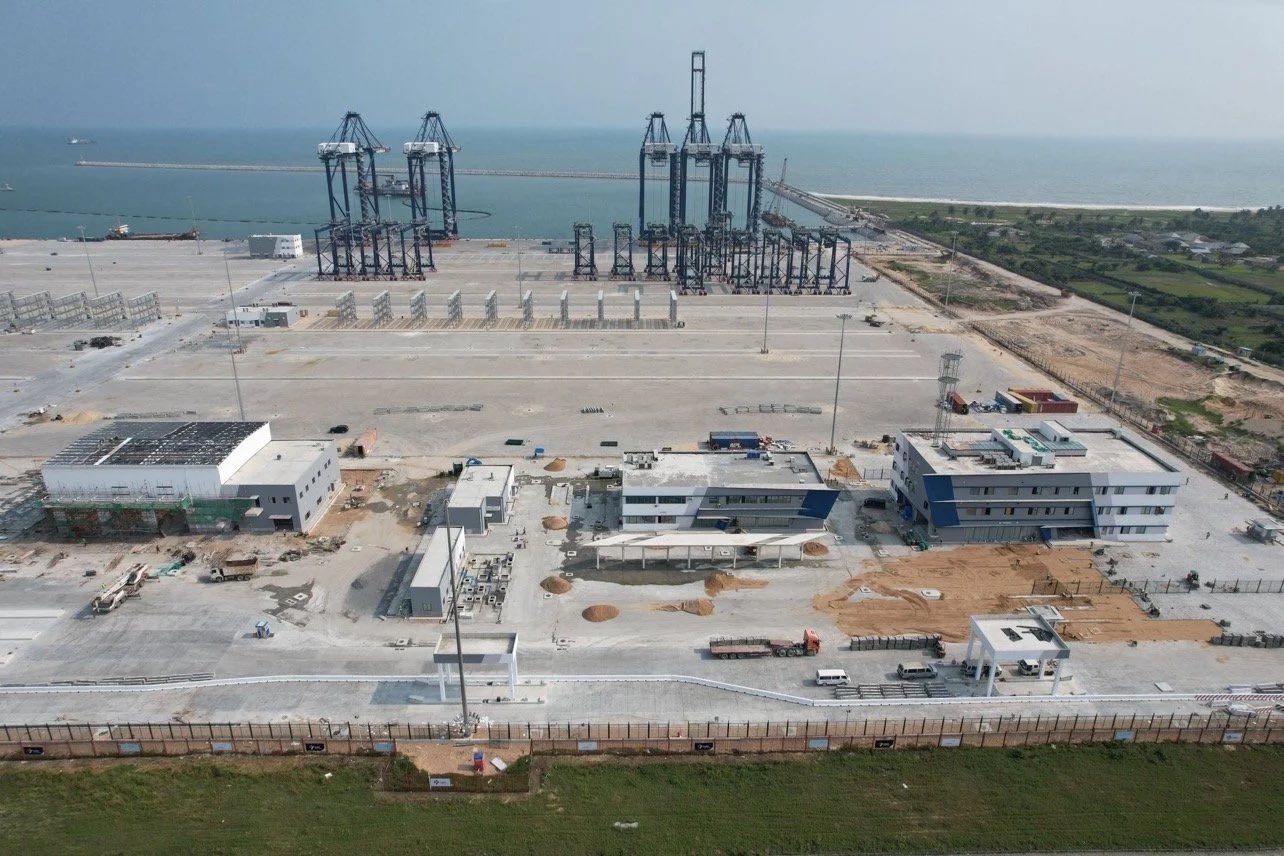Global Five Biggest Asset Management Companies Hold $22.5trn in Assets, More than US GDP
Institutions and individuals who invest money usually do so with the asset manager’s help, a company that manages their investments and makes a profit for both sides. These firms make well-timed investment decisions on behalf of their clients to grow their portfolio and finances.
According to data presented by Stock Apps, the world’s five largest asset management companies hold $22.5trn in assets, more than the GDP of the United States. With more than $7.3trn in assets under management or one-third of that value, BlackRock represents the leading asset manager globally.
Total Assets Under Management of BlackRock Surged 57% in Five Years
Asset management companies work with several investors, which enables them to reduce the risk, diversify their clients’ portfolios, and provide access to higher-value options with better capital appreciation prospects. In many cases, they make money by charging fees based on the number of assets they manage, although some companies charge flat fees. These firms usually also provide other services than asset management, which generates only a part of their revenue.
The world’s largest asset manager, BlackRock, has become one of the leading players on the financial market over the last 25 years. It serves individual investors, companies, governments, and foundations through 70 offices all around the world. BlackRock also tops the list of largest Exchange Traded Fund (ETF) providers in the United States and has played a huge role in advising the US government during the financial crisis.
In 2015, the total value of assets under BlackRock’s management amounted to $4.6trn, revealed the company’s annual report. During the last five years, this figure surged by 57% to $7.3trn in 2020. Besides leading in the value of managed assets, the New York-based financial giant also witnessed a steady market cap growth in 2020. In September, the total value of BlackRock stocks hit $83.6bn, a 22% jump year-over-year.
With $5.7trn in total assets under management, the Vanguard Group ranked as the second-largest asset manager globally. The US financial company, with 20 locations worldwide and 17,600 employees, is also the second-largest provider of exchange traded funds and the largest provider of mutual funds in the world.
Eight of the top 10 Asset Management Firms are US Companies
UBS Group represents the third-largest asset manager globally, with more than $3.5trn in assets under management. The Swiss financial corporation and the country’s largest bank announced a net profit of $1.23 billion for the second quarter of 2020, an 11% drop year-over-year mostly caused by the continued credit losses amid the coronavirus crisis.
However, higher trading activity continued to support the bank’s earnings between March and June. The Group’s quarterly earnings also revealed an operating income of $7.4bn, compared to $7.5bn a year ago. Statistics show the Swiss lender lost $1.6bn in market capitalization in 2020, with the total value of stocks falling from $45.6bn in December 2019 to over $44bn this month.
State Street Global Advisors and Fidelity Investments ranked as the fourth and fifth largest asset managers globally, with $3.05trn and $2.92trn in total assets under management.
Analyzed by geography, the US asset managers lead on the global list of the most successful companies, with eight of the top 10 asset management firms from the United States. Statistics also show the world’s largest banks like JP Morgan Chase, Goldman Sachs, and Bank of America were not among the top five asset managers in terms of managed assets.


 Forex4 weeks ago
Forex4 weeks ago
 Naira4 weeks ago
Naira4 weeks ago
 Billionaire Watch4 weeks ago
Billionaire Watch4 weeks ago



 Naira4 weeks ago
Naira4 weeks ago






 Naira3 weeks ago
Naira3 weeks ago


 Naira3 weeks ago
Naira3 weeks ago






 Naira2 weeks ago
Naira2 weeks ago
 Economy4 weeks ago
Economy4 weeks ago











